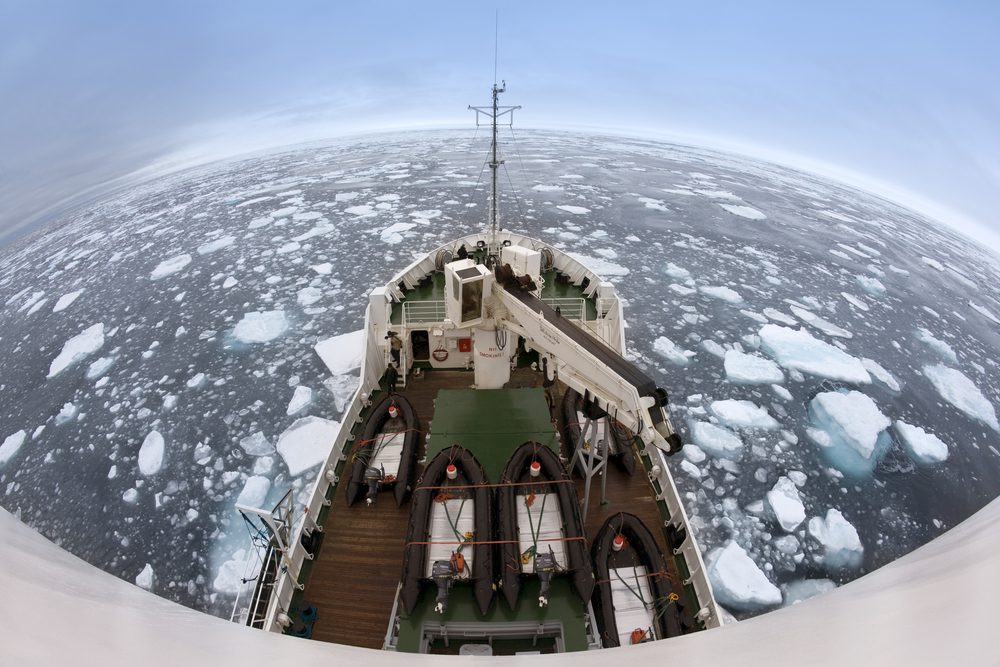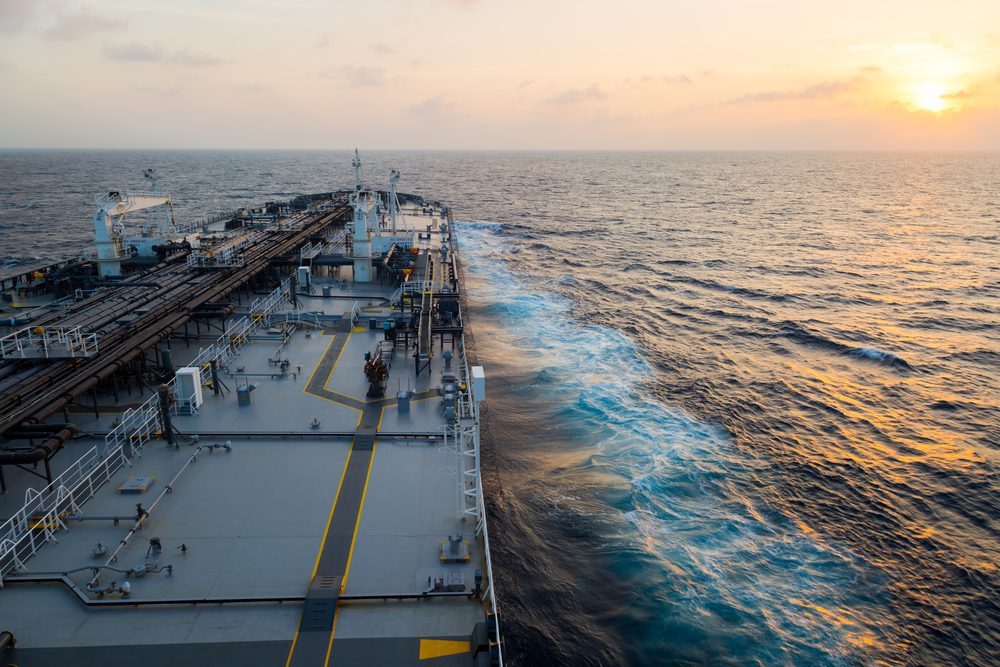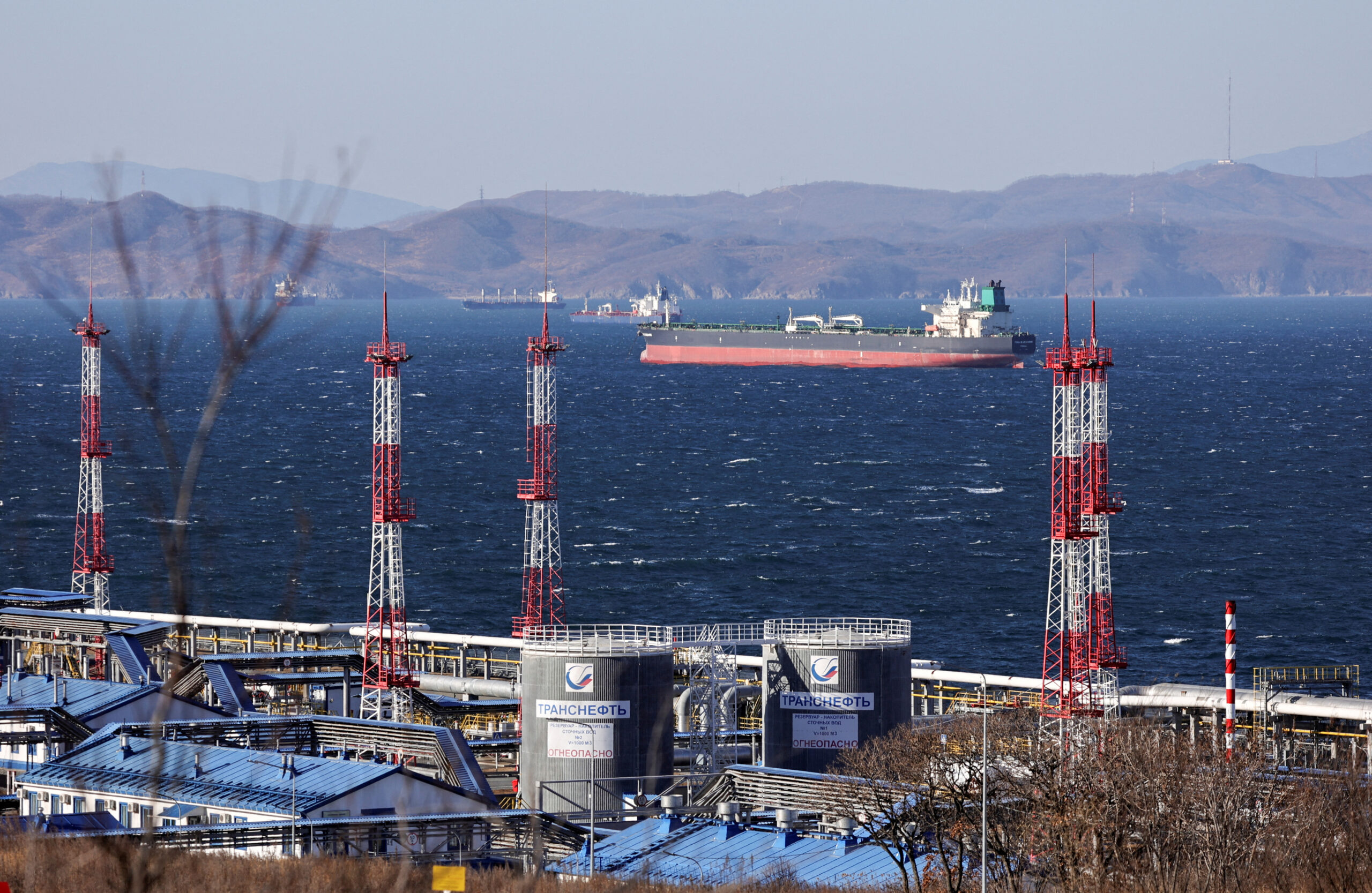 By Jonathan Saul
By Jonathan Saul
LONDON, Nov 6 (Reuters) – The perils of the new Arctic shipping route, warmed by climate change, may diminish with a British-Russian radio navigation initiative, under development to shore up vulnerable satellite-based alternatives.
The British system, being trialed in the hectic shipping lanes past Dover and drawing interest from South Korea – after its northern neighbour jammed satellite systems – may tie up with parallel work underway in Russia, its developers say.
The new Arctic route still faces high risks from extreme weather and icebergs. In September, a small Russian oil tanker was holed when it passed through the Kara Sea, off Russia’s Arctic coastline.
Vessels increasingly rely on systems that employ satellite signals to find a location or keep exact time, including the Global Positioning System (GPS).
Experts say GPS is vulnerable to signal loss from solar weather effects or radio and satellite interference and can also be affected by intentional jamming by criminal gangs, countries or potentially from militant groups.
The General Lighthouse Authorities of the UK and Ireland (GLA) is pioneering a radio-based back-up prototype called eLoran and could tie-up with Russia which operates a similar, although less developed system, called eChayka.
Early talks between the two will focus at first on standardisation so that ships could switch seamlessly between the systems.
“Rather like your mobile phone might switch between cells in mobile networks without you realising it,” said Martin Bransby of the GLA.
The eLoran system works on earth-based radio systems to provide alternative position and timing signals for navigation. Ships need to install receiver equipment.
“Taking into account that the Northern Sea Route takes course along Russia’s coast, the intensity of traffic increases year by year, serious environmental risks appear in this area,” said Vasily Redkozubov, deputy director general of Russia’s Internavigation Research and Technical Centre.
“Experience has shown that the presence of only one navigation GNSS-type system is not enough – it is necessary to have an alternative autonomous system independent from GNSS (Global Navigation Satellite Systems).”
Redkozubov said the GLA was leading the way with eLoran, which would help Russia further advance eChayka.
Analysts say Russia is keen to expand its shipping clout through the Arctic, which aims to cut journey times by weeks.
“The Northern Sea Route provides access to Russia’s own hinterland and the vast amount of minerals and hydro carbon resources,” said Malte Humpert of Washington based think tank the Arctic Institute. (Editing by William Hardy)
© 2013 Thomson Reuters. All rights reserved.

 Join The Club
Join The Club











